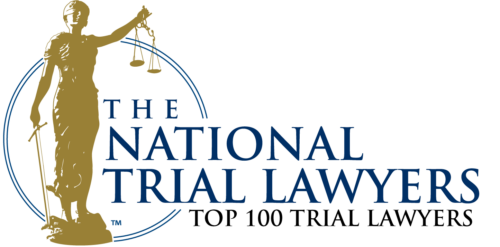When parents take their children to an amusement park they expect a day of safe, but exhilarating thrills. Many parks take painstaking measures to reduce the likelihood of an accident, but others may fail to account for all types of risks. These risks may include the failure to perform frequent ride inspections, insufficient maintenance, insufficient training of ride operators, and many other potential risks that increase the chances of a serious amusement park accident.
12 Year Old Boy in Critical Condition after Log Flume Accident in Phoenix
In a recent accident at a Phoenix-area amusement park, a 12-year-old boy suffered catastrophic injuries after he fell from a log flume ride attraction at the Castles N’ Coasters amusement park in Phoenix, Arizona. The boy’s injuries reportedly include a cracked skull and was placed in a medically induced coma. The boy suffered these injuries after apparently leaving his seat on the ride, getting caught on the log-style boat, and then being dragged approximately 30 feet by the boat from the top of the flume course. The boy underwent two hours of brain surgery to address his traumatic brain injury (TBI). The family has stated that they don’t know if he will ever be the same again, but in the best case, recovery could take 18 months.
While certain facts about the accident seem clear, there are still a number of questions regarding how the injury occurred. While the park claims that the boy’s actions alone are responsible for his injury, the boy’s family makes different claims. Our Pennsylvania amusement park accident lawyers discuss.
The Park’s Account of the Log Flume Accident
The park expressed its condolences to the family for the boy’s injury, but firmly stated that the park did not bear responsibility for the accident. The general manager for the park stated in an e-mail that multiple witnessed the boy try to exit the boat. He confirmed that there were no malfunctions with the ride. It was going to be fine if the boy follow the safety rules.
According to reports of the event the boy disregarded the instructions of a ride operator after being told to sit down. It is unclear as to why exactly the boy stood again after allegedly stating that he was “okay” but this act caused him to apparently lose his balance or get caught such that he was pulled along by the boat.
Park officials have ruled out any possible malfunction of the ride. They state that the ride was operating as intended. They attribute the cause of the accident to ride safety rules not being followed by the boy. While the flume ride does not have straps or harnesses, riders are instructed to remain seated at all times.
The Family’s Version of the Events Leading up to the Log Flume Fall
The family claims that events transpired rather differently than how the park characterizes the events. The family states that the boy was crying for help and telling the ride operator to stop the ride because the boy said he was “sliding.” Family members state that he was waving his arms in the air to get the attention of a ride operator. “He was sitting down,” says Leal’s grandmother Carroll Stevenson. “Waving his hands. Telling them, ‘I’m sliding!’ And the guy sent him down anyway.”
The child’s grandmother believes that the if the park employee had stopped the ride due to the boy’s cries, the accident would not have happened. The aunt of the boy also claims that the young boy hit his head on every bar on the way down the 30 foot drop.
While the accounts of the family and the park are in opposition, it is likely that more details regarding this accident will emerge in the near future.
Related Posts
- What to Do if You Are Injured Axe Throwing in Pennsylvania
- Pennsylvania Court Rules Victims Can Sue the State for Highway Guard Rail Injuries
- How Many People are Killed by Falling Trees Every Year in the U.S.?
- What to Do if You’re Injured in a Pit Bull Attack in Philadelphia
- How Dangerous is Parasailing?















